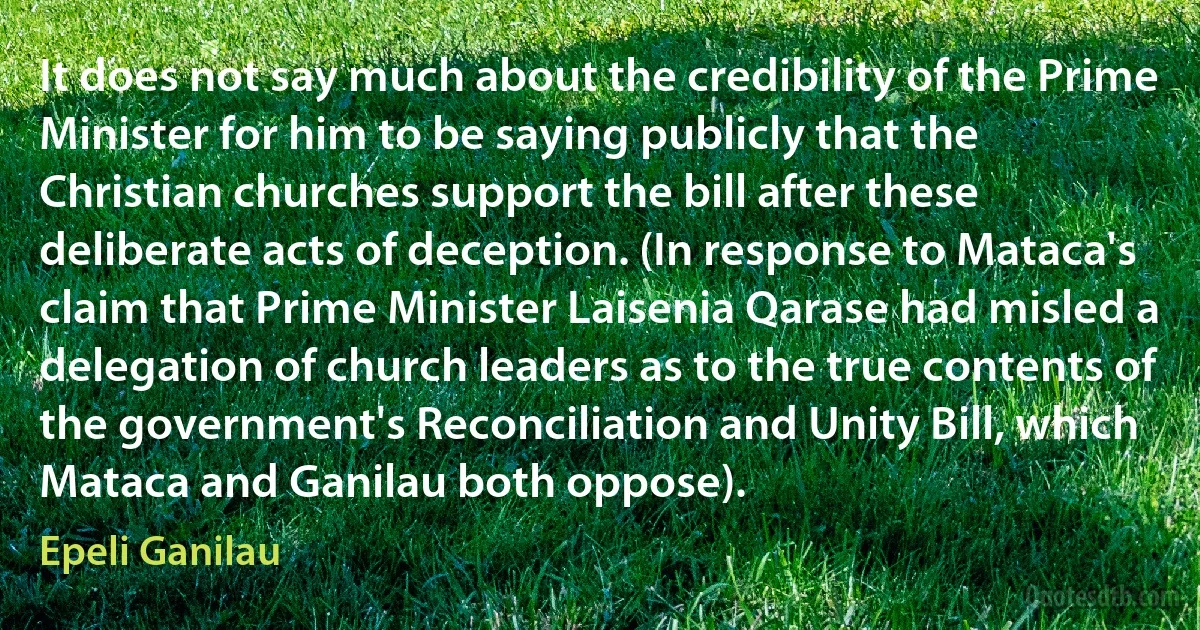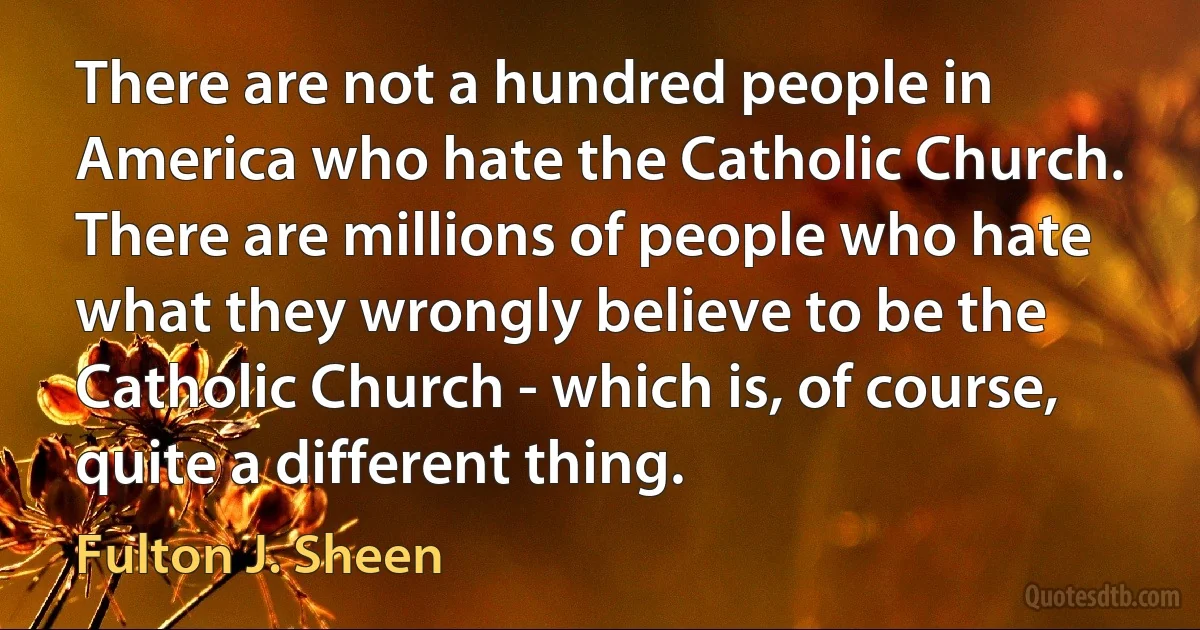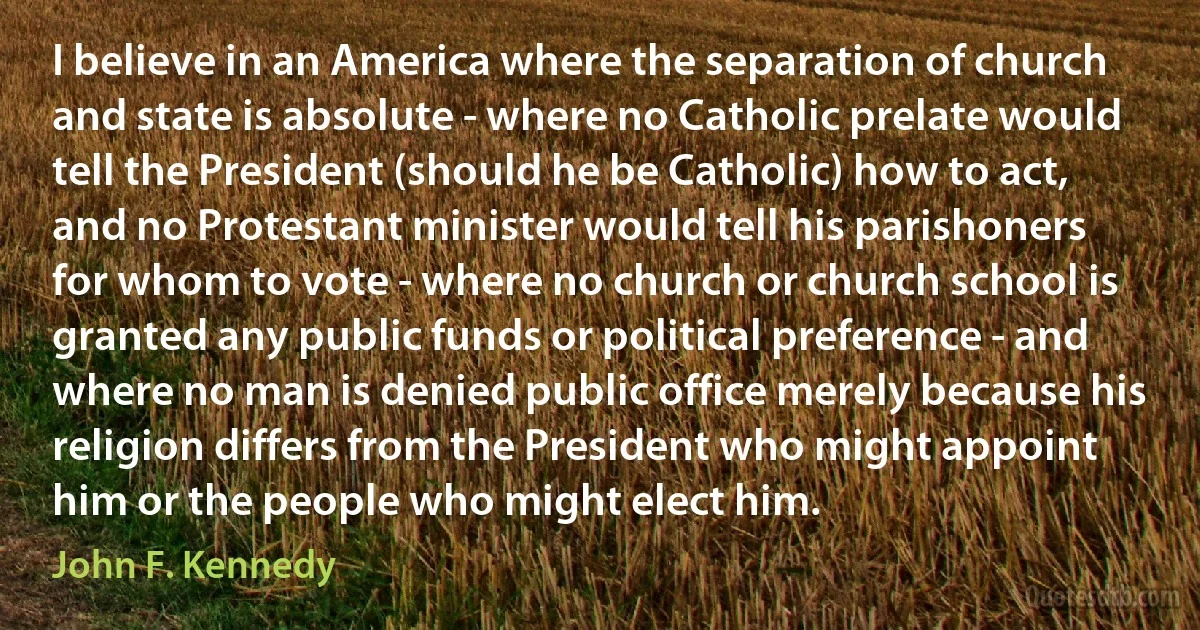Church Quotes - page 100
When, therefore, we enter the realm of State action, everything is to be considered and weighed on its merits. Changes in death duties, income tax, land tenure, licensing, game laws, church establishment, feudal rights, slavery, and so on through all ages, have received the same denunciations from the absolutists of contract, who are the real parents of revolution.

John Maynard Keynes
Hitherto the principles of the Encratites had been rejected by the Churches; but now being refined by the Monks, and imposed not upon all men, but only upon those who would voluntarily undertake a monastic life, they began to be admired, and to overflow first the Greek Church, and then the Latin also, like a torrent. Eusebius tells us, that Constantine the great had those men in the highest veneration, who dedicated themselves wholly to the divine philosophy; and that he almost venerated the most holy company of Virgins perpetually devoted to God; being certain that the God to whom he had consecrated himself did dwell in their minds.

Isaac Newton
Being a lover of freedom, when the revolution came in Germany, I looked to the universities to defend it, knowing that they had always boasted of their devotion to the cause of truth; but, no, the universities immediately were silenced. Then I looked to the great editors of the newspapers whose flaming editorials in days gone by had proclaimed their love of freedom; but they, like the universities, were silenced in a few short weeks. Then I looked to individual writers who, as literary guides of Germany, had written much and often concerning the place of freedom in modern life; but they, too, were mute.Only the church stood squarely across the path of Hitler's campaign for suppressing truth. I never had any special interest in the church before, but now I feel a great affection and admiration because the church alone has had the courage and persistence to stand for intellectual truth and moral freedom. I am forced thus to confess that what I once despised I now praise unreservedly.

Albert Einstein
It is a dogma of the Roman Church that the existence of God can be proved by natural reason. Now this dogma would make it impossible for me to be a Roman Catholic. If I thought of God as another being like myself, outside myself, only infinitely more powerful, then I would regard it as my duty to defy him.

Ludwig Wittgenstein
I mean, I went to a church school when I was younger and imbibed a certain amount of religion then but it was really in university that I got interested in religion and politics at the same time. I don't think as if it were one moment of conversion but my spiritual journey really began then.

Tony Blair
Finally, I believe in an America where religious intolerance will someday end - where all men and all churches are treated as equal - where every man has the same right to attend or not attend the church of his choice - where there is no Catholic vote, no anti-Catholic vote, no bloc voting of any kind - and where Catholics, Protestants and Jews, at both the lay and pastoral level, will refrain from those attitudes of disdain and division which have so often marred their works in the past, and promote instead the American ideal of brotherhood.

John F. Kennedy
But perhaps the most significant factor in the turn to a Greek ethnicism, which resisted both the Turkish turban and the Latin mitre in the years before the fall of Constantinople, was the opposition of the urban populace, led by the Orthodox party, monks, and priests, to the wealthy urban classes and the Byzantine court. After the Ottoman conquest in 1453, recognition by the Turks of the Greek millet under its Patriarch and Church helped to ensure the persistence of a separate ethnic identity, which, even if it did not produce a ‘precocious nationalism' among the Greeks, provided the later Greek enlighteners and nationalists with a cultural constituency fed by political dreams and apocalyptic prophecies of the recapture of Constantinople and the restoration of Greek Byzantium and its Orthodox emperor in all his glory.

Anthony D. Smith



